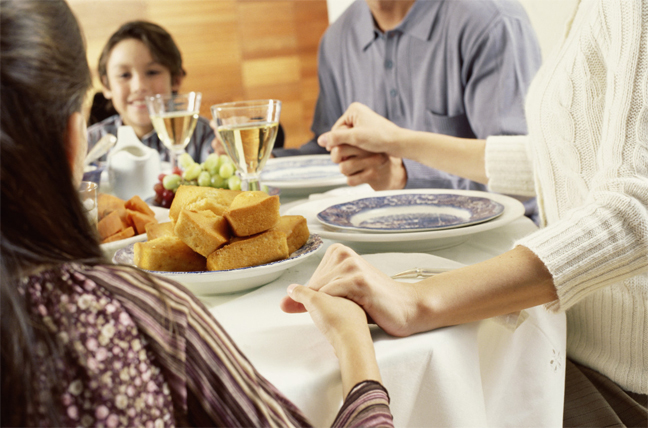Each year in August, my friends and I rent the same vacation house in Provincetown on the northern tip of Cape Cod. The first year we rented the home, the trip was just an act of trying something new — a search for a new experience filled with new possibilities. In the years that followed, however, we found ourselves returning to the very same home, not only because we enjoy visiting Provincetown so much — but also because the trip is becoming somewhat of an annual ritual for the six of us. In a fascinating new piece published by Psychology Today, Hal E. Hershfield, Ph.D. asks the question: “Why Do We Engage In Rituals?” Hershfield discovered three main reasons why our lives and our civilizations are so filled with these customs, and he lays them out one-by-one in his terrific column. The following is an excerpt:
“Kathleen Vohs, Yajin Wang, Gino, and Norton recently looked at rituals that are performed at positive occasions and found that they can help to heighten a consumption experience. Think about eating a meal. Sometimes we just sit down and plow through it (maybe we’re watching ‘Breaking Bad’, an hour goes by, and we have no idea what we just ate). However, at other times, like holidays, we stop and go through with a ritual — we might make a toast, say a prayer, or take a minute to reflect. Does doing this change the experience of eating? In short, the answer is yes. Vohs and her co-authors had people eat a chocolate, but beforehand go through with a little ritual (breaking the chocolate in half, unwrapping one part, eating it, and then eating the second part) or not. Those who had done the ritual were actually willing to pay extra for the chocolate and they found it more flavorful. In another study, the researchers found that ritual-goers were subsequently more likely to feel a sense of intrinsic interest in the chocolate-eating experience. In positive domains, then, rituals lead to heightened consumption because they increase our involvement with the experience itself.”
Hershfield goes on to elaborate on the other two reasons we engage in rituals (which have to do with attempting to control a potential outcome, as well as attempting to control an outcome that has already taken place) and you can read the column in full by visiting PsychologyToday.com.
SEE ALSO: The Fascinating Ways How Eye Contact Is Boosting Or Killing Your Career
SEE ALSO: Buddha, Joan Of Arc & Even Luke Skywalker Shared This #1 Trait That Best Predicts Elite Performance


